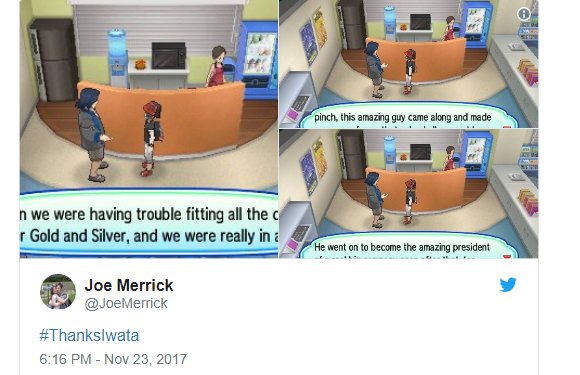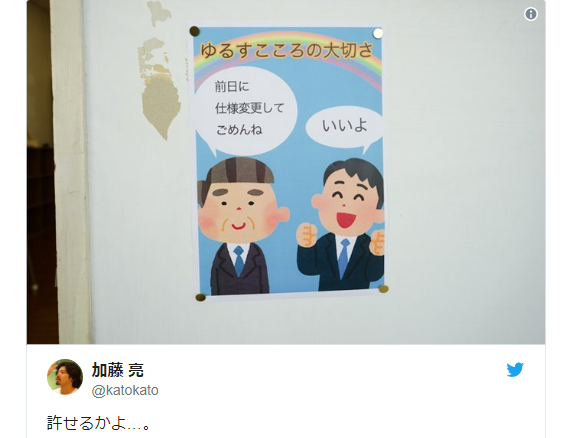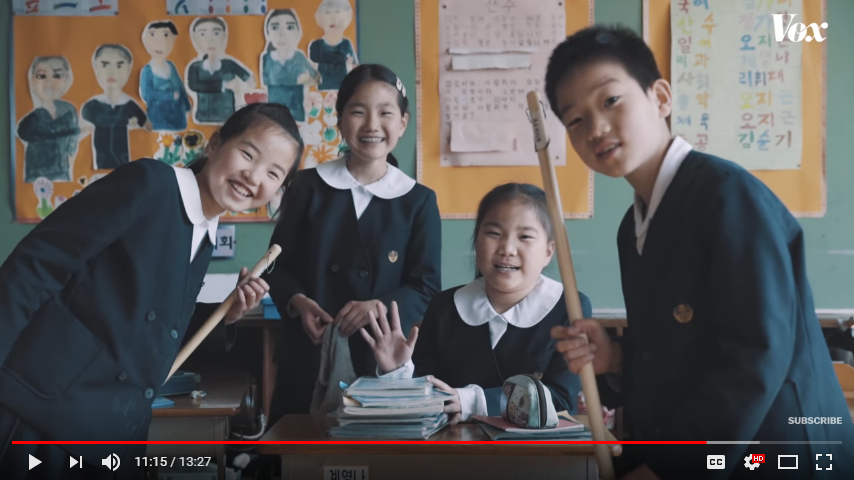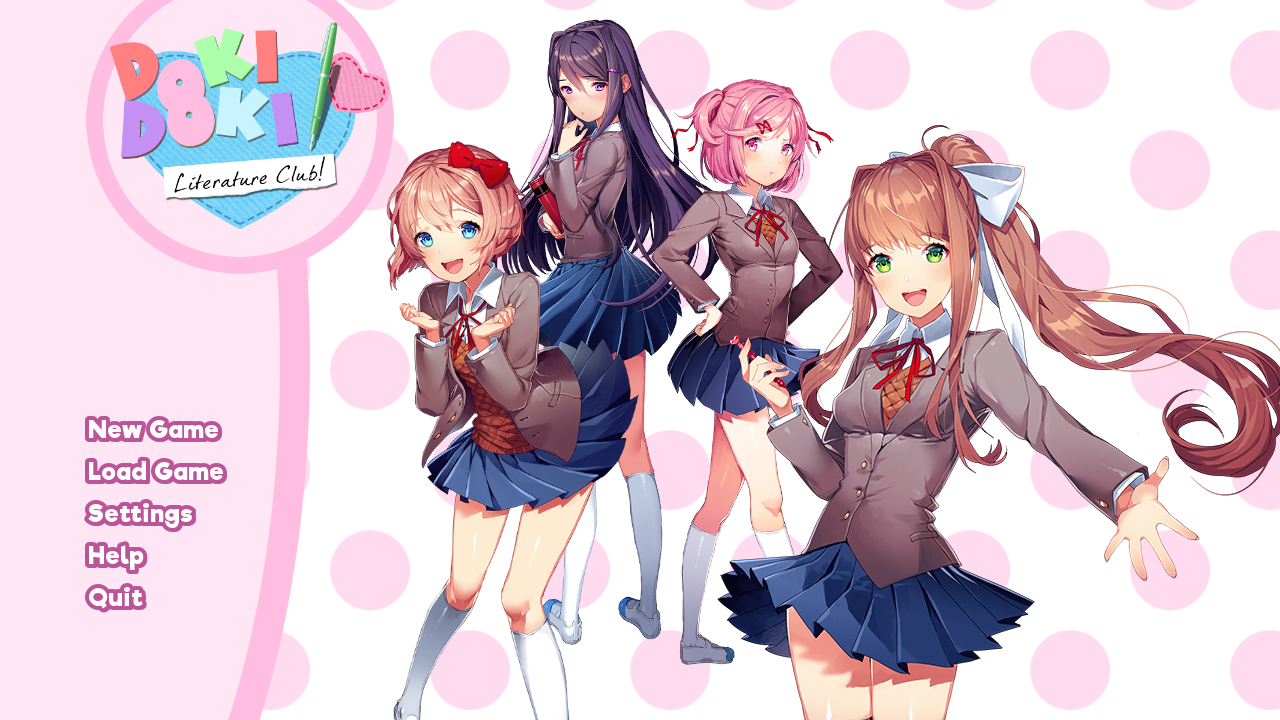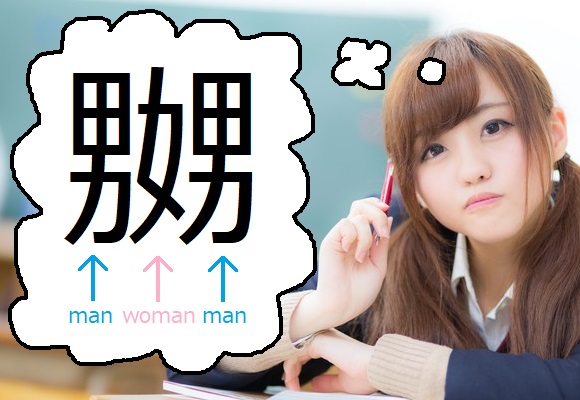My pick for the SoraNews24 article this week is one for the kids: Students in Finland, the world’s best-educated country, react to Japan’s harsh school rules.
Youth education is a topic I’ve always been interested in. It’s a complex issue, but it can be usually boiled down into one question: what is the goal of school?
Let’s take a look at how the U.S. answers that question. If the goal of school is to “prepare kids for the real world,” then the schools fail; very few school teach classes that are applicable to daily life (cooking, nutrition, relationships, bills, taxes, etc). If the goal of school is to “help kids get a job,” then they also fail; what happens in classes usually resembles nothing like what happens at an office. If the goal of school is to “ensure an educated populace for the democratic process,” then they also fail; most of us have no idea how our government works beyond the extreme basics, and critical reading/discussion about current events is rarely encouraged.
So then what is the goal of the U.S. school system? It might seem cynical, but with the way classes are set up, it feels like the only answer can be “to prepare kids to work a mindless job in the future.” With a school system that praises memorizing and regurgitating useless facts, prohibits collaboration, and requires everyone to take the same classes sitting at a desk for eight hours every day, it doesn’t seem like it’s useful for much else.
Of course, I don’t think the teachers are at fault. Or the schools themselves. There are plenty of amazing teachers and schools in the U.S. who work hard to inspire their students, but unfortunately even they have a hard time escaping what is considered “normal school stuff.”
All of this then comes back to the topic of the article at hand: Finland schools. There, kids are given more freedom, less tests, less homework, and they excel far more than their counterparts in other countries.
Clearly, Finland answers the question of “what is the goal of school?” with the answer of “to educate students.” Who cares if they wear weird clothes? Who cares if they sit in bean bag chairs? Who cares if they take a nap? As long as they’re learning, everything else is just superficial.
And then there’s Japan’s schools. How do they answer the question of “what is the goal of school?” While I can’t say for sure, it feels like something close to: “to ensure a uniform, and uniformly educated, populace.” There’s good and bad there, encouraging group ideals is great but forcing students with natural non-black hair to dye it is kind of horrifying.
Anyway, check out the article if you want to see how Japan reacted to Finland’s lax schools. Personally I find the topic of education fascinating, since the way school systems are set up in a country can say a lot about their ideals and goals as a nation.
Featured image: PAKUTASO


